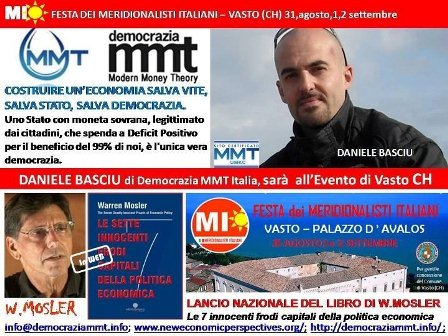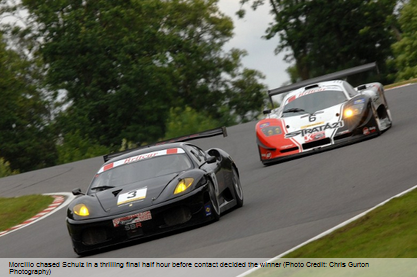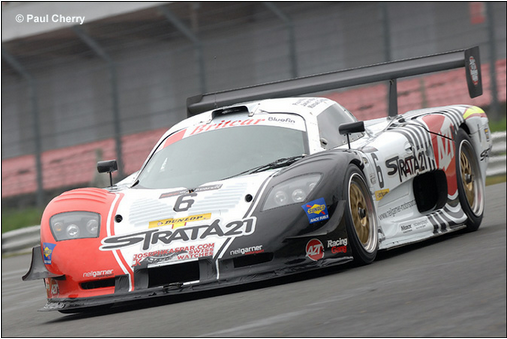Sadly, looks like Fred passed away about 6 years ago.
I got to know him pretty well working with him on the concepts in the paper, and I picked up a lot of little bits and pieces info on capitalism I still find myself using now and then. One that comes to mind is that one of the costs of capitalism is the scrap heap of failed enterprises, for example, which represents real costs that didn’t work out.
By Joe Smydo
To take a lesson from Fred Thayer, one didn’t have to be his student at the University of Pittsburgh’s Graduate School of Public and International Affairs.
In newspaper op-ed pieces and letters to the editor, Dr. Thayer offered sharply worded commentary on economics, deregulation, unemployment, transportation, the business of professional football and merit pay for elected officials (often peppering his sentences with parenthetical remarks).
The professor wrote to academic journals, elected officials and faculty colleagues, too, cajoling, criticizing and pushing audiences toward what he considered more enlightened thinking and more rational public policy.
“Competitive bidding on government contracts never works well because it cannot work well,” he said in a Nov. 6, 1989, letter to the Pittsburgh Post-Gazette. “When many contractors seek business (the process calls for numerous bids), each bidder knows he must either lie to win (by offering an unreasonably low price), bribe an official or join with other bidders to illegally divide the business. Unfortunately, only bribes and collusion produce high-quality work.”
Dr. Thayer, 82, of Mt. Lebanon, died Saturday at Mercy Hospital following a stroke. His wife, Carolyn Easley Thayer, called him a “very brilliant, simple man.”
Not everyone enjoyed his advice. “But most people took it in good stride,” said a longtime Pitt colleague, Professor Jerome B. McKinney.
Frederick Clifton Thayer Jr. was born Sept. 6, 1924, in Baltimore, the son of Frederick Sr. and Marian Walter Thayer. The family moved to Pittsburgh, and Dr. Thayer graduated from South Hills High School in 1942.
Mrs. Thayer said a last-minute appointment to the U.S. Military Academy at West Point may have been the only way her husband, from a family of modest means, could have gone to college. He graduated in 1945 and spent 25 years in the Army and Air Force, sometimes flying transport planes, other times driving a desk at the Pentagon and the Council on Foreign Relations.
The Thayers met at Ohio State University, when she was a senior and he was working on a master’s degree and teaching in the Reserve Officer Training Corps. They married in October 1952 and had two children, Jeffrey, of Mt. Lebanon, and Sarah Thayer Schneider of Glen Rock, N.J.
Dr. Thayer received his doctorate from the University of Denver in 1963. Jeffrey Thayer recalled his childhood awe at the 750-page document, later published as “Air Transport Policy and National Security.”
“To me, the most important thing about my dad wasn’t what he did but what he said … I just think everything he ever said just made total sense to me,” Mr. Thayer said, recalling the time he was listening to the radio when Steelers broadcaster Myron Cope began discussing a letter the professor sent him.
After retiring a colonel in 1969, Dr. Thayer joined the Pitt faculty and built a reputation as a fiery advocate for what he considered sound public policy. Students, now some of the region’s leaders, loved him; administrators, who considered him a gadfly, didn’t, Professor Donald M. Goldstein said.
“He had a wicked pen, a poison pen,” Dr. Goldstein said. “We used to tangle, too, but in a nice way.”
Dr. Thayer taught at Pitt until about 1990, then took miscellaneous teaching assignments in the United States and overseas.
“He was always what you might call an individual who took a position that encouraged you to think better or more creatively,” Dr. McKinney said. Sometimes, he said, that meant taking an edgy or unorthodox view.
In his November 1989 newspaper letter, Dr. Thayer argued that low bidders must rely on cost overruns, shoddy work and litigation to make a profit on government contracts. “What we need is legal collusion [planning], with government openly dividing the business among available contractors,” he said.
Dr. Thayer at least once skewered a colleague in print but more often sent colleagues two or three typewritten pages to rebut or enhance a point he heard them make. Dr. McKinney said colleagues sometimes wondered how he had time to write the missives he sent “streaming past your desk.”
By Frederick C. Thayer





